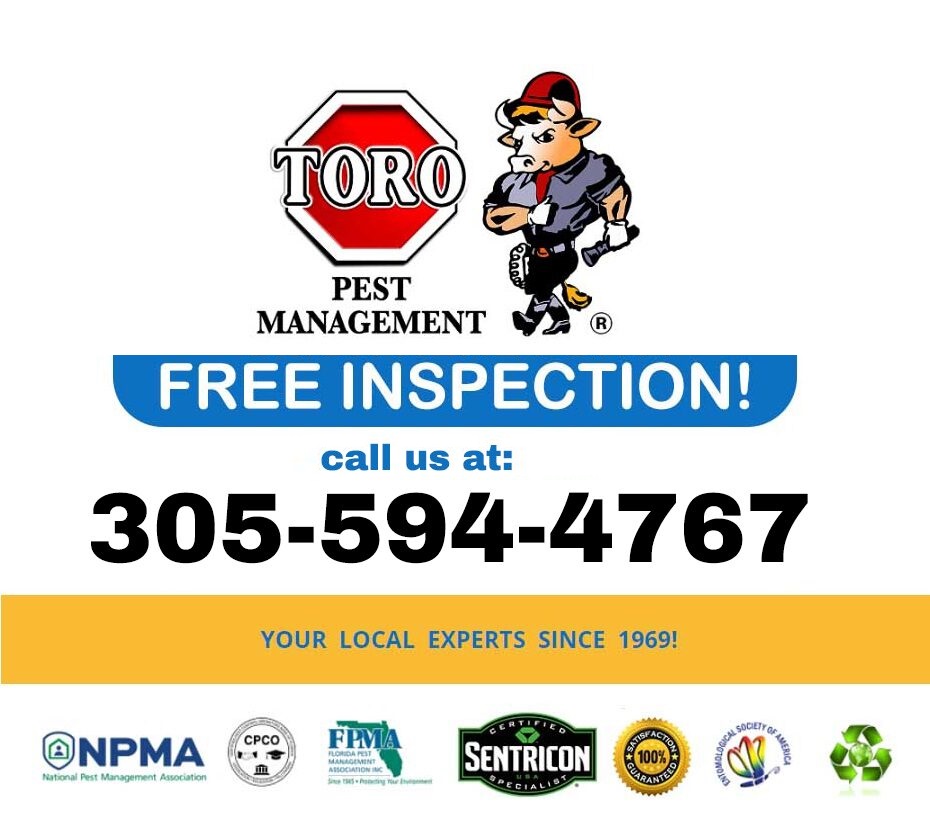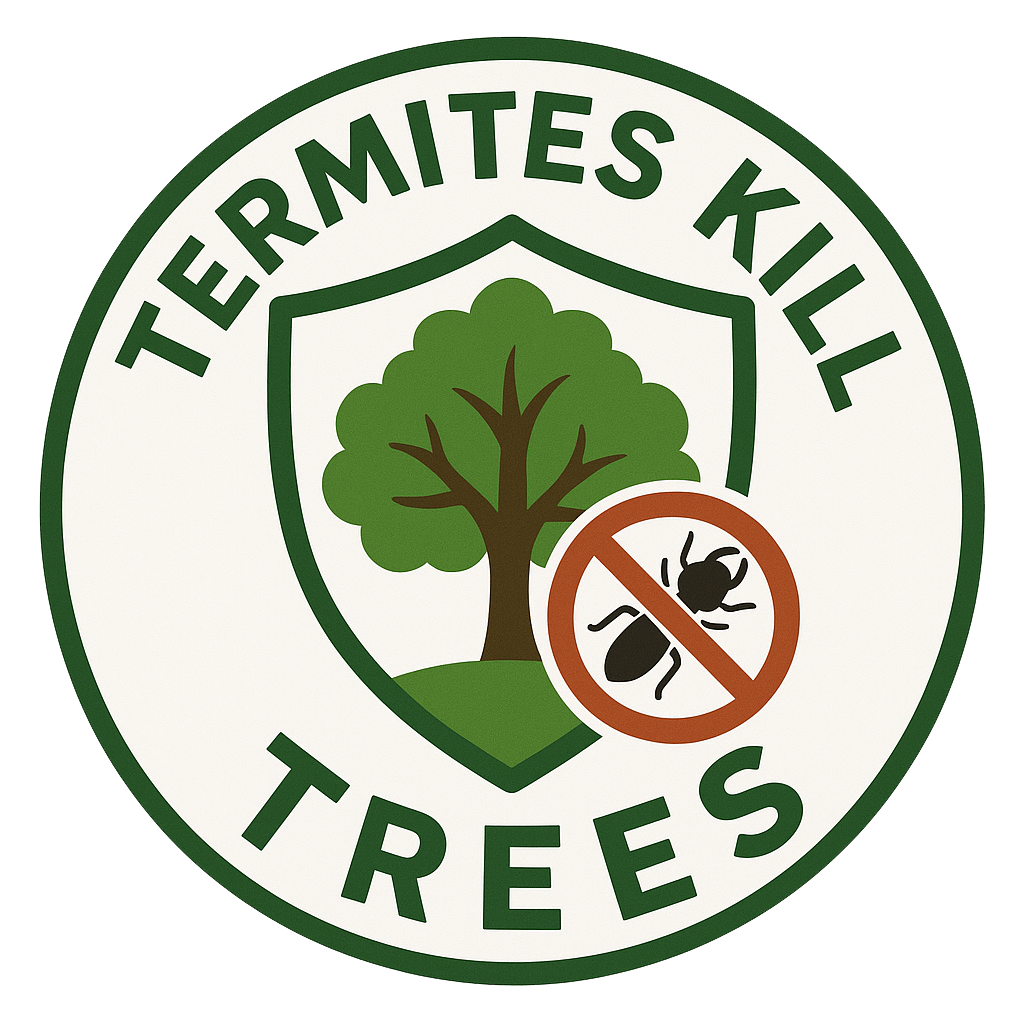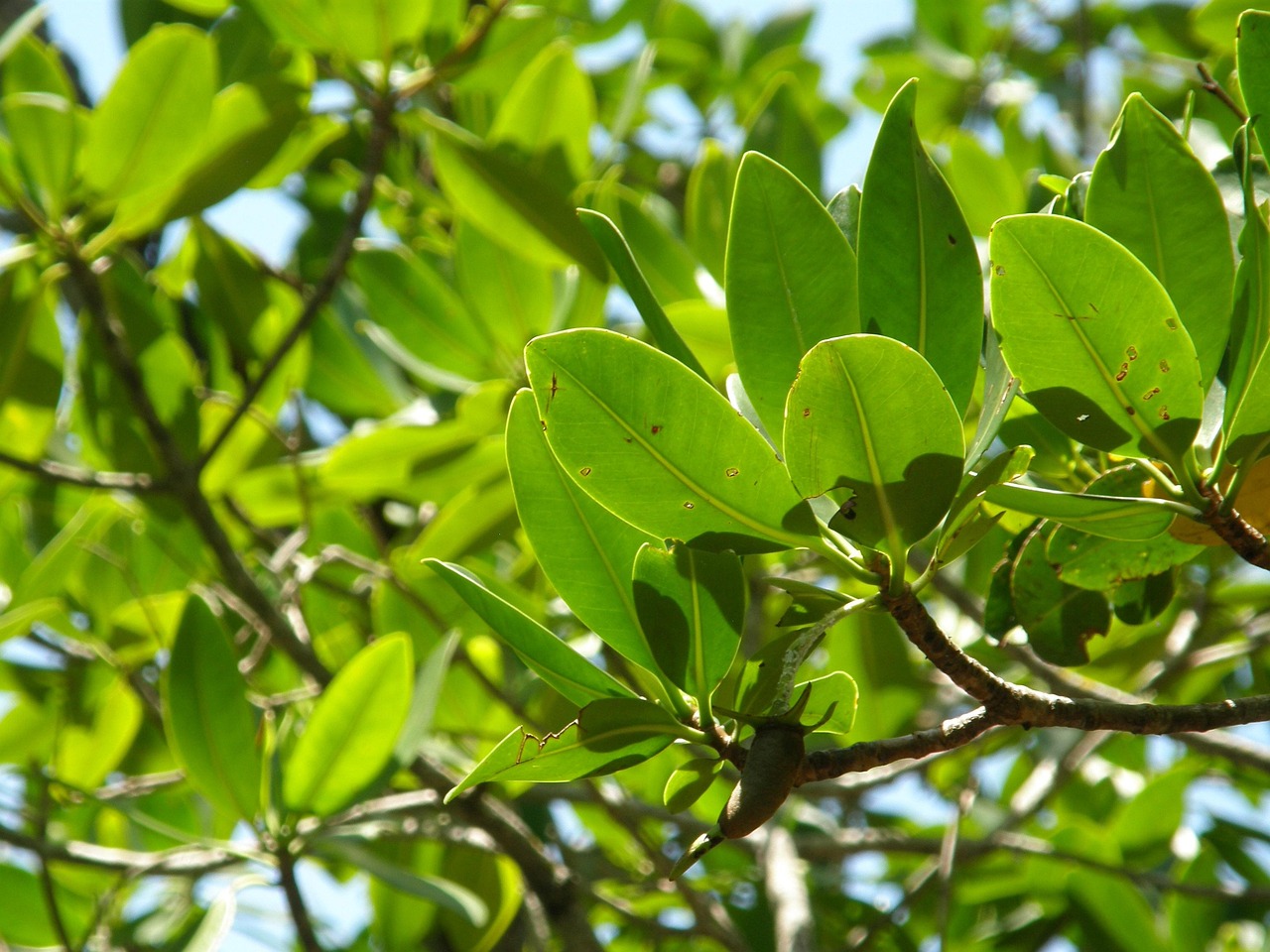Termites thrive year‑round in South Florida’s warm, humid climate, and their favorite point of entry is often the landscape itself. Because tree roots create direct underground highways toward houses and outbuildings, protecting those roots is essential for both arboricultural and structural safety. Two competing strategies dominate the conversation: time‑tested liquid soil barriers and modern Integrated Pest Management (IPM) programs that rely on precision monitoring and baiting. Understanding how each approach works—and how each affects tree vitality—will help you choose the safest, most sustainable defense.
Traditional Soil Barriers: Blanket Coverage, Broad Impact
Soil barriers involve trenching around the drip line or foundation and saturating the trench with a termiticide that creates a continuous chemical shield. A properly installed barrier can repel or kill termites for 5–10 years, depending on formulation and soil conditions. Because the active ingredient must contact any foraging insect, technicians apply high volumes of diluted solution—often 100 gallons or more around a typical single‑family home.
While barriers can be effective, they come with trade‑offs:
- Root Absorption Risk – Mature trees draw water and nutrients directly from the treated zone; systemic uptake of termiticides, though generally low, can stress sensitive species.
- Soil Microbial Disruption – Broad‑spectrum insecticides also affect beneficial arthropods and microbes that support root health.
- Site Limitations – Sandy soils, high water tables, or nearby estuaries make achieving a uniform seal difficult and environmentally risky.
- No Colony Elimination – Barriers block entry but leave the primary colony alive to search for gaps or extend galleries elsewhere in the yard.
Integrated Pest Management: Precision, Prevention, and Colony Elimination
IPM turns the one‑size‑fits‑all concept on its head by customizing tactics to each site’s biology and moisture profile. An IPM plan for tree protection unfolds in four steps:
- Inspection & Risk Mapping – Technicians locate stress factors—compacted soil, wounds, plumbing leaks—that attract subterranean termites.
- Monitoring – Wood interceptors or in‑ground stations watch for termite foragers without introducing any toxicant.
- Targeted Baiting – When activity appears, technicians exchange monitors for Sentricon® bait cartridges containing a chitin‑synthesis inhibitor. Worker termites ingest the bait and deliver it to the queen, collapsing the colony from within.
- Eco‑Stewardship – Once the colony is gone, periodic station checks and cultural corrections (mulch spacing, irrigation tweaks) keep the site unfriendly to reinfestation.
If your priority is an eco‑smart solution that protects canopies as well as kitchens, IPM combined with Sentricon® offers the clear advantage. You gain real‑time data, fewer pesticides, and the peace of mind that comes from knocking out termite colonies—rather than merely rerouting them.
Ready to find out which strategy best fits your landscape? Contact Toro Pest today for a Free Inspection. Our certified specialists will evaluate your trees, customize an IPM plan, and show you how sustainable termite control can safeguard both your property and South Florida’s green skyline.
For fast and dependable termite control services look no further than Toro Pest Management. Since 1969, Toro’s has been a local, family-owned business committed to friendly service, effective solutions, and 100% customer satisfaction. We offer FREE INSPECTIONS! Besides we are one of the very few companies in Florida that is CERTIFIED as SENTRICON SPECIALIST.

Cities Covered:
Aventura, Bal Harbour, Bay Harbor Islands, Biscayne Park , Coral Gables, Cutler Bay, Doral , El Portal, Florida City, Golden Beach, Hialeah, Hialeah Gardens, Homestead, Indian Creek, Key Biscayne, Medley, Miami, Miami Beach, Miami Gardens, Miami Lakes, Miami Shores, Miami Springs, North Bay Village, North Miami, North Miami Beach, Opa-locka, Palmetto Bay, Pinecrest, South Miami, Sunny Isles Beach, Surfside, Sweetwater ,Virginia Gardens, West Miami among many other cities in South Florida.


0 responses to “Eco‑Smart Termite Tactics: IPM Versus Traditional Soil Barriers for Tree Health”